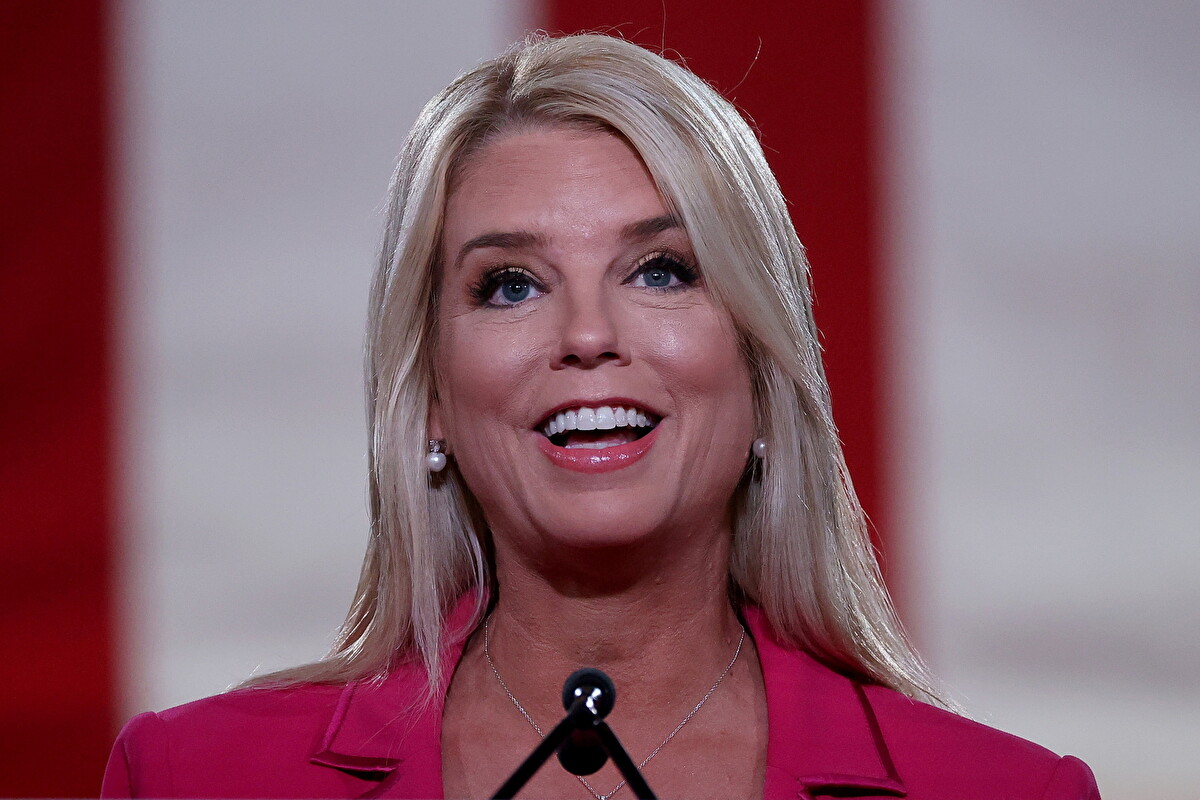Donald Trump’s financial empire has undergone a sharp contraction in recent months, as his stake in Trump Media & Technology Group—once a linchpin of his post-presidential ventures—has experienced a precipitous decline in value. In March, when the company’s stock made its much-anticipated debut on the public market, Trump’s holdings were valued at over $6 billion, buoyed by enthusiastic support from retail investors. Yet, within half a year, the once-skyrocketing valuation has plummeted, reducing Trump’s paper fortune to less than $2 billion—a decline of more than 70% that mirrors the volatility of the digital media industry, the market’s capricious nature, and perhaps also Trump’s political fortunes.
The stark reversal has unfolded gradually over several months, with shares hitting their nadir on Wednesday, marking the lowest point since the company’s IPO. Although these losses remain theoretical for now, as Trump is still bound by restrictions that prevent him from liquidating his shares, the dramatic downturn reveals the precarious position of his investment. As the majority shareholder—owning approximately 60% of the company—Trump bears the brunt of this financial erosion, making him particularly vulnerable to the swings of a tumultuous market.
The stock, which trades under the ticker symbol DJT, has cultivated a fervent following among Trump loyalists, many of whom are individual retail investors. These supporters have coalesced on Truth Social, Trump’s proprietary social media platform, to voice their anxieties over the sinking stock price. Many within these forums have pointed fingers at short sellers, speculating that market manipulation is to blame for the precipitous drop in value. One user even suggested halting stock trading to counteract what they believe to be an orchestrated effort by short sellers.

Financial analysts, however, have refuted the notion that short selling is driving the stock’s decline. Ihor Dusaniwsky, managing director of the financial data firm S3 Partners, highlighted that there is minimal stock available for shorting and that such activity accounts for a negligible portion of the company’s trading volume. In his assessment, the primary factor behind Trump Media’s descent has been long selling—ordinary investors offloading their shares, a trend that has accelerated the stock’s downward trajectory.
Amid this financial turbulence, Trump Media has remained conspicuously silent, opting not to comment on the situation. Nevertheless, the company’s struggles extend beyond mere market fluctuations. There are several key structural issues that have contributed to its dwindling valuation and raised doubts about its long-term viability.
One critical factor is the stock’s behavior, which has mirrored that of so-called meme stocks—companies whose valuations are disproportionately influenced by online hype and social media momentum, rather than traditional business metrics such as profitability or revenue growth. In July, Trump Media’s stock surged by 30% following an assassination attempt on Trump’s life and polling data that suggested he held a narrow lead in the upcoming presidential election. But this rally was short-lived. When President Joe Biden stepped aside as the Democratic nominee later that month, and Vice President Kamala Harris took his place, Trump Media shares swiftly plummeted, shedding over half their value in a matter of weeks.
Compounding these issues is the company’s dismal financial performance. While Truth Social has maintained a loyal user base, this has not translated into substantial revenue or profitability. In its latest quarterly report, Trump Media disclosed that its revenue had declined by 30% year-over-year, falling to $836,900, while it reported a net loss of $16.4 million for the quarter. Although the company managed to slightly narrow its losses compared to the previous year, the sharp decline in advertising revenue—fueled by a reduction in revenue-sharing agreements with key partners—has cast a shadow over its financial prospects. Advertisers on Truth Social are often niche players, including vendors of fringe medical treatments like ivermectin, conservative dating platforms, and merchandise from MyPillow, a company closely associated with far-right rhetoric.
Another looming concern is the expiration of a lock-up provision that has, so far, prevented Trump and other insiders from selling their shares. Set to expire on September 19, this restriction has kept insiders from flooding the market with large volumes of stock, a move that could further destabilize the company’s already volatile share price. The mere anticipation of such sales has heightened uncertainty and contributed to the stock’s recent turbulence.












